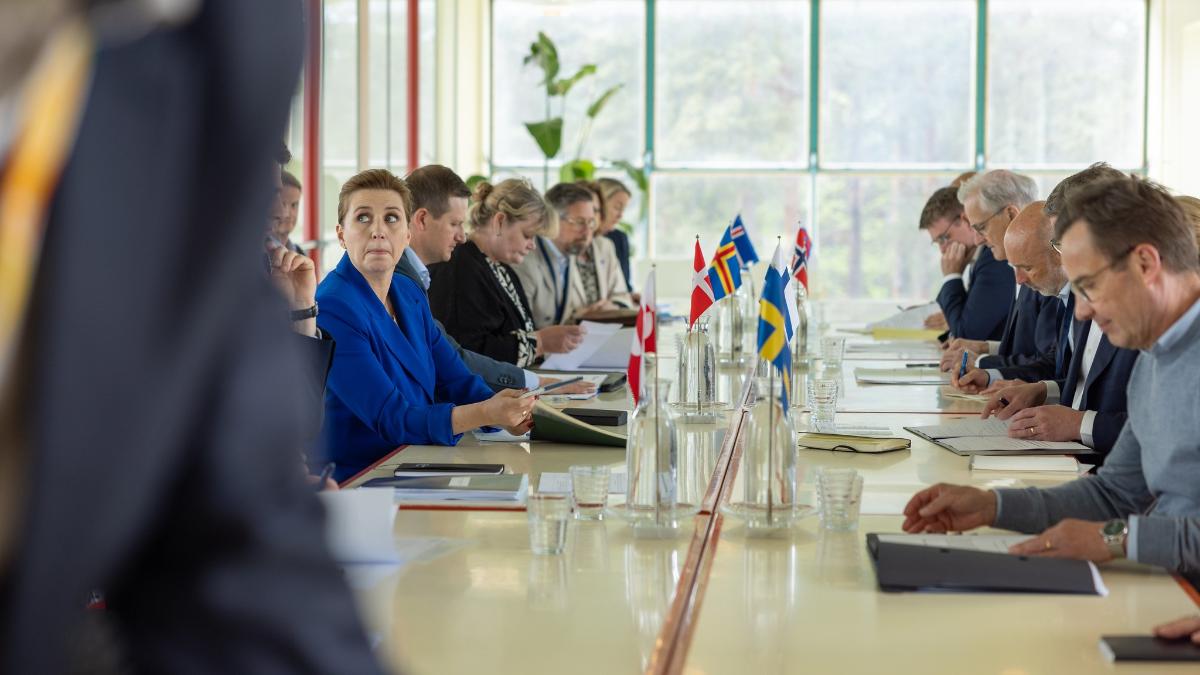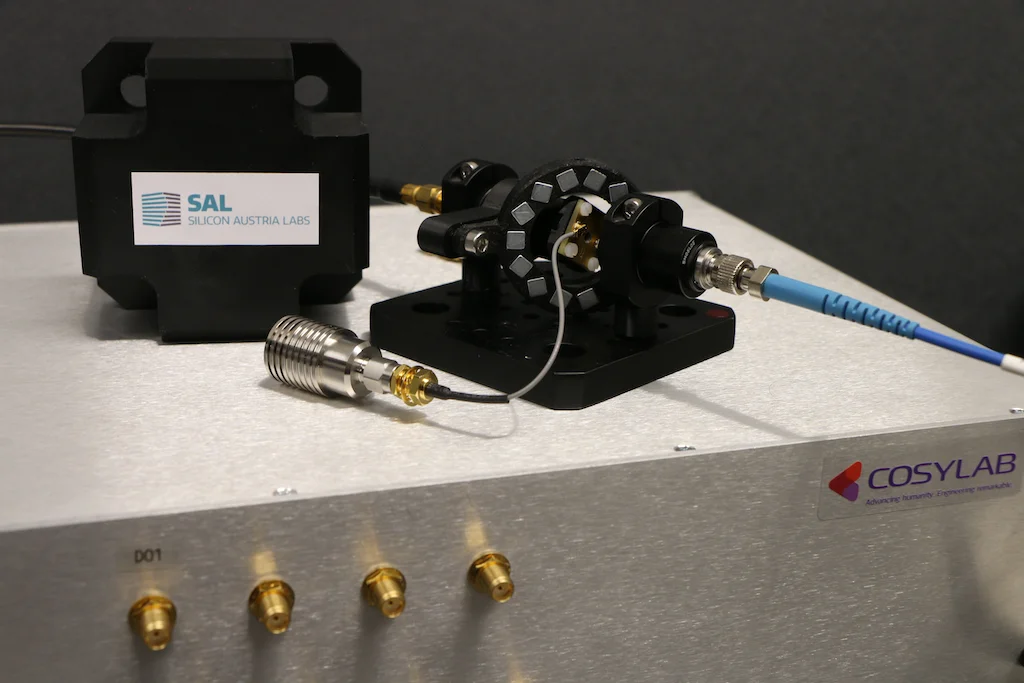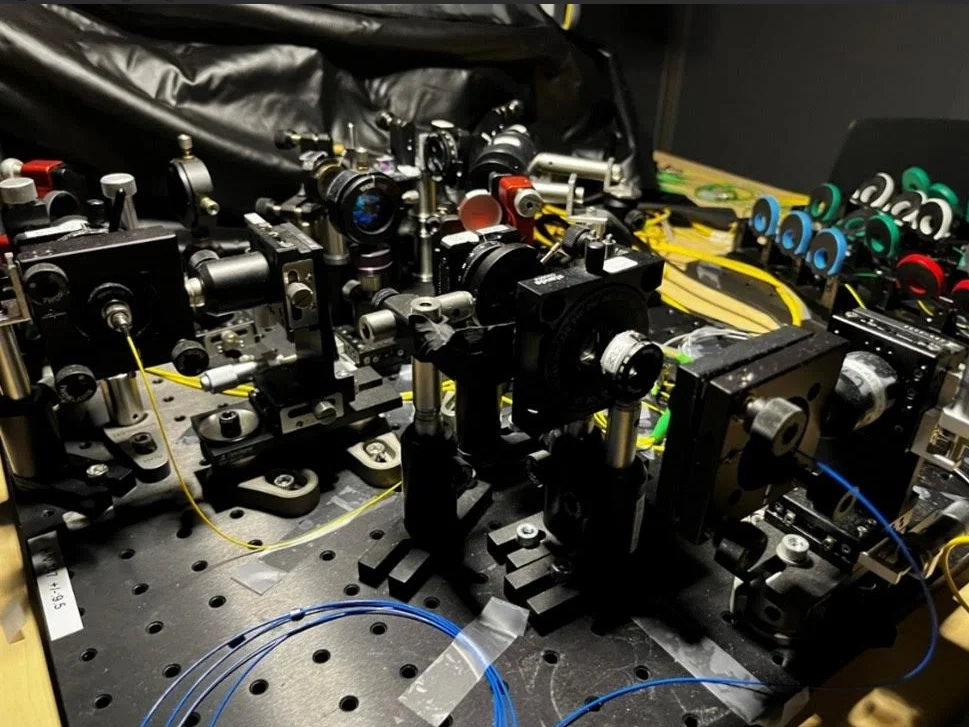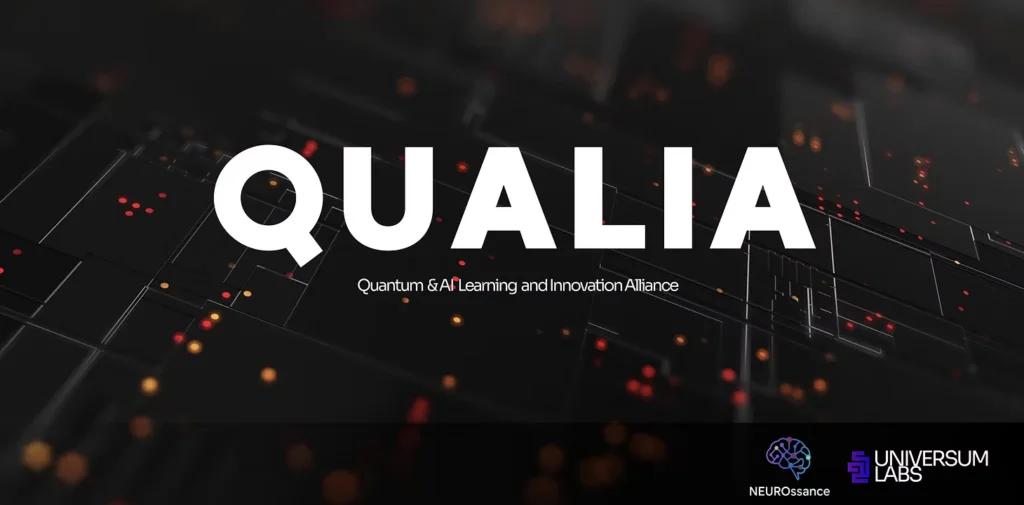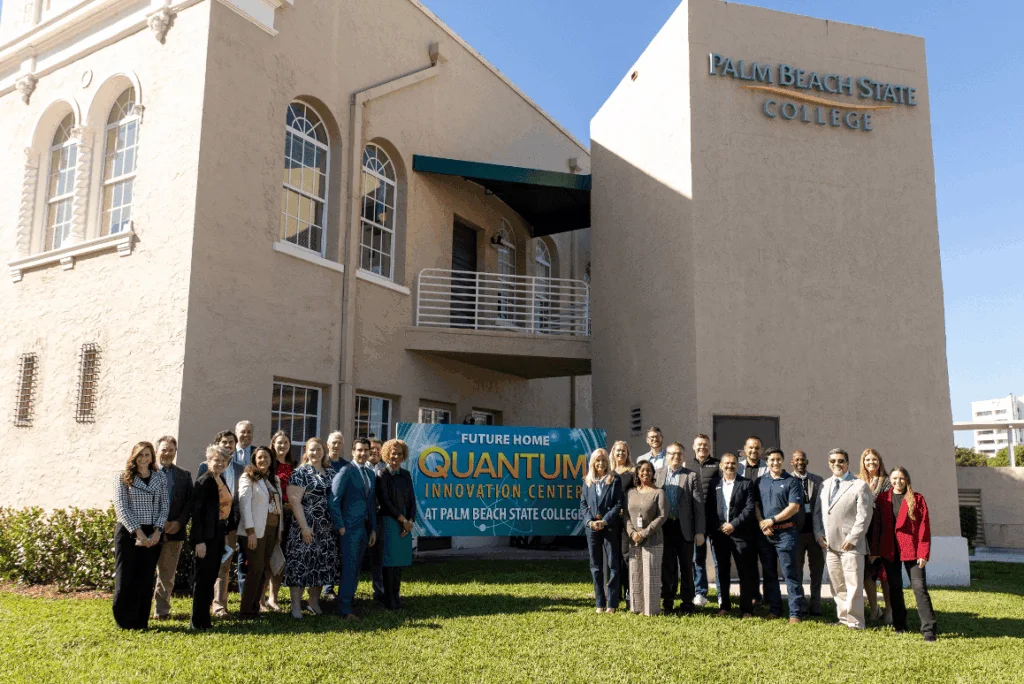Insider Brief:
- The Nordic countries have issued a joint declaration to coordinate quantum technology development, focusing on regional integration across education, funding, regulation, infrastructure, security, and commercialization.
- They plan to align national R&D programs and funding mechanisms, explore joint initiatives, and lean on EU resources to reduce fragmentation and accelerate innovation.
- The strategy emphasizes talent development and regulatory alignment, proposing cross-border training programs and ethical frameworks to guide secure and responsible quantum deployment.
- Image Credit: Finnish Government
In a joint statement published by the Finnish government, the Nordic countries have announced a coordinated commitment to advance quantum technologies through deeper regional integration and shared policy objectives. The declaration reflects a growing trend in quantum–national and regional entities are moving beyond isolated research investments and toward cohesive, long-term strategies for talent development, infrastructure, regulation, and commercialization.
The Nordic countries, defined as the sovereign states of Denmark, Finland, Iceland, Norway, and Sweden, as well as the autonomous territories of the Faroe Islands, Greenland, and Åland, share deep historical, political, and cultural ties. Though not a single political entity, the Nordics operate under a formal framework of cooperation through the Nordic Council and the Nordic Council of Ministers. This latest declaration builds on that foundation to present the region as a unified force in quantum development.
Regional Strategy, Global Context
Quantum technologies are widely viewed as foundational for the next wave of scientific and industrial progress, with potential applications in secure communications, precision sensing, advanced simulations, and new computational models. However, the field is still in its early stages, plagued by fragmented standards, infrastructure bottlenecks, technological challenges, and an acute global talent shortage.

As noted in the Finnish government’s release, the Nordic strategy intendds to consolidate regional strengths and coordinate national efforts to address these systemic challenges. The policy outlines cooperation in seven essential areas: education, funding, regulation, commercialization, infrastructure, security, and international engagement.
This declaration comes amid a broader geopolitical alignment in quantum. The European Union, United States, China, and other nations have articulated multi-year national strategies, often backed by billions in public investment. Within this larger overview, the Nordics are pursuing a model that blends national autonomy with collaborative alignment, one that reflects their shared commitment to trust, transparency, and ethical technology governance.
Coordinating Funding, Talent, and Standards
One of the declaration’s central themes is the alignment of funding mechanisms and talent development pipelines. Several Nordic countries already operate national quantum initiatives, such as Finland’s InstituteQ and Denmark’s Quantum Denmark initiative. But, until now, there has been limited formal integration across borders.
According to the statement, the Nordic region will explore joint funding initiatives, synchronize national R&D programs, and engage more effectively with EU-level resources such as Horizon Europe. This could reduce fragmentation and accelerate time-to-market for emerging technologies.
On the talent side, the policy emphasizes cross-border educational programs and shared training infrastructure to address workforce shortages. Given that high-end quantum development from quantum processor fabrication to algorithm design requires advanced skills across physics, engineering, and computer science, developing a fluid talent network within the region could provide a strategic edge.
The declaration also highlights the need for a regulatory environment that supports both innovation and public trust. The Nordics commit to monitoring global developments in quantum policy while promoting frameworks that ensure ethical and secure deployment of these technologies.
Security and Commercialization in a Dual-Use Landscape
The dual-use nature of quantum technology, where technological developments can be used for both civilian and defense applications makes security coordination essential. The Nordic declaration recognizes this reality, proposing closer alignment through platforms such as NORDEFCO (Nordic Defence Cooperation) and NATO. Areas of potential focus include quantum-resilient cryptography, secure communications, and supply chain resilience.
Commercialization also features prominently. The Nordics plan to strengthen the region’s appeal to global investors and technology companies, promote interoperability and shared testbeds, and create a network to support early-stage quantum companies. By linking research institutions with startups and established firms, the region seeks to improve technology transfer and market readiness.
This is consistent with efforts seen in other regions, such as the Netherlands’ quantum campus model or Canada’s national quantum strategy, where ecosystem-building is tied directly to national competitiveness.
Nordic Alignment as a Model for Quantum Governance
The Nordic declaration goes beyond policy statement and hints at structural signal. It suggests that countries with shared values and complementary strengths are increasingly seeing quantum not just as a field of scientific inquiry but as a domain that will absolutely require long-term governance and coordination.
As regions such as the Nordics consolidate their strategies, one of the emerging questions in the quantum industry will be how well these alliances translate into competitive advantage, both in terms of hardware innovation and deployment at scale. For now, the Nordics have staked their position as a cooperative bloc determined to lead in research, as well as influence the ethical, secure, and commercial future of quantum technologies in their region.

